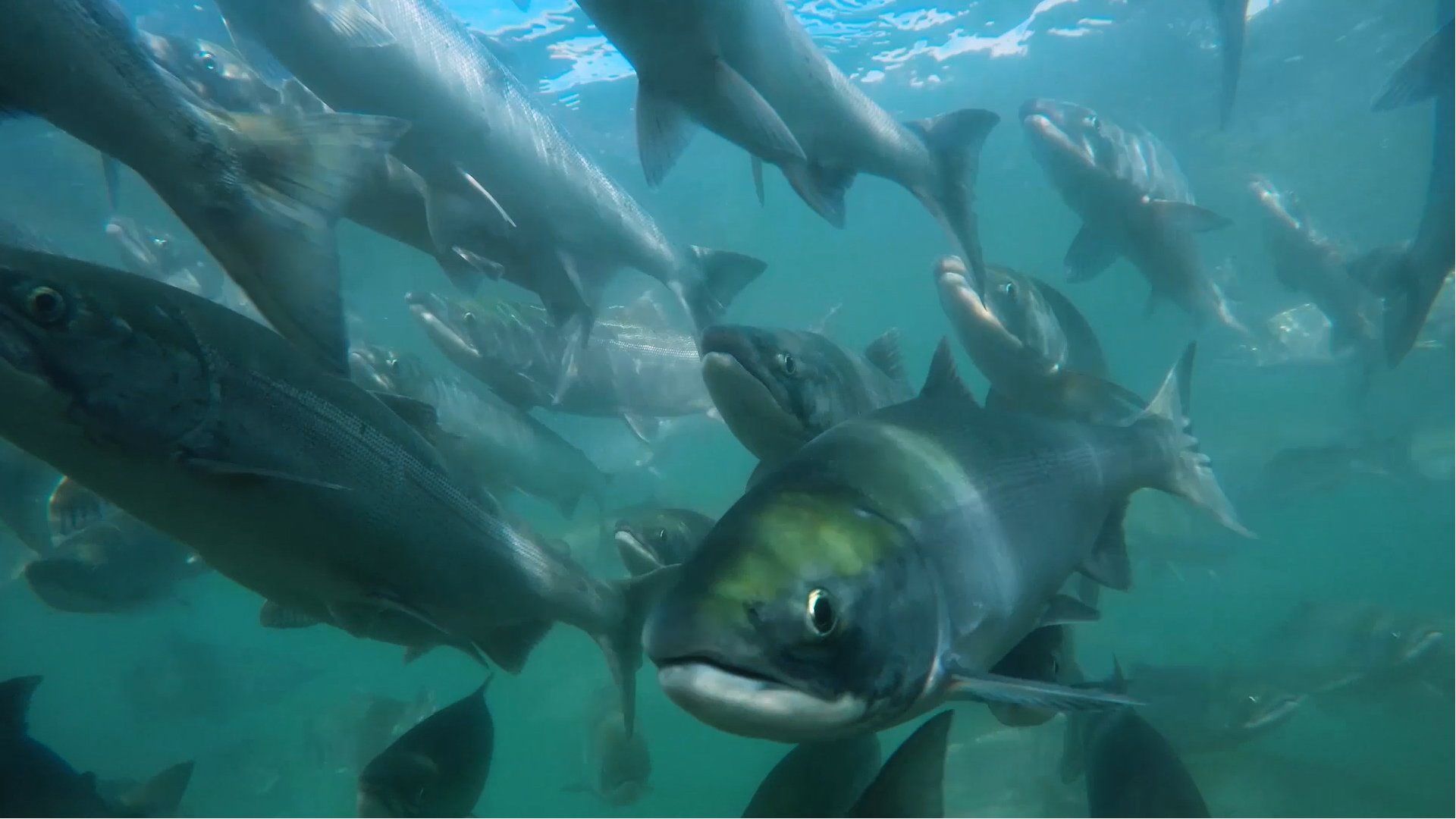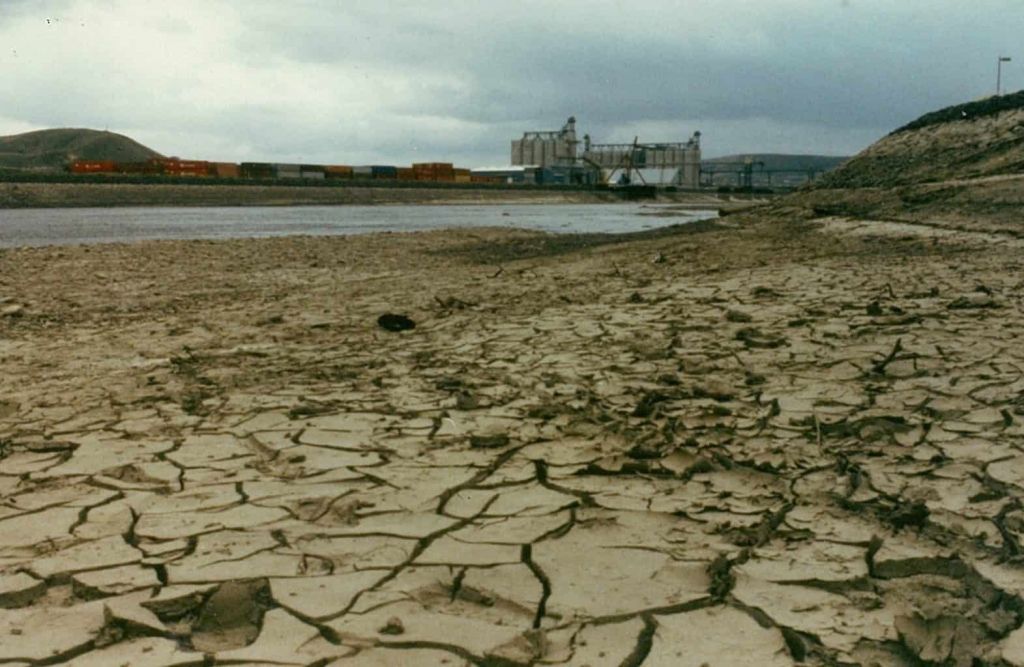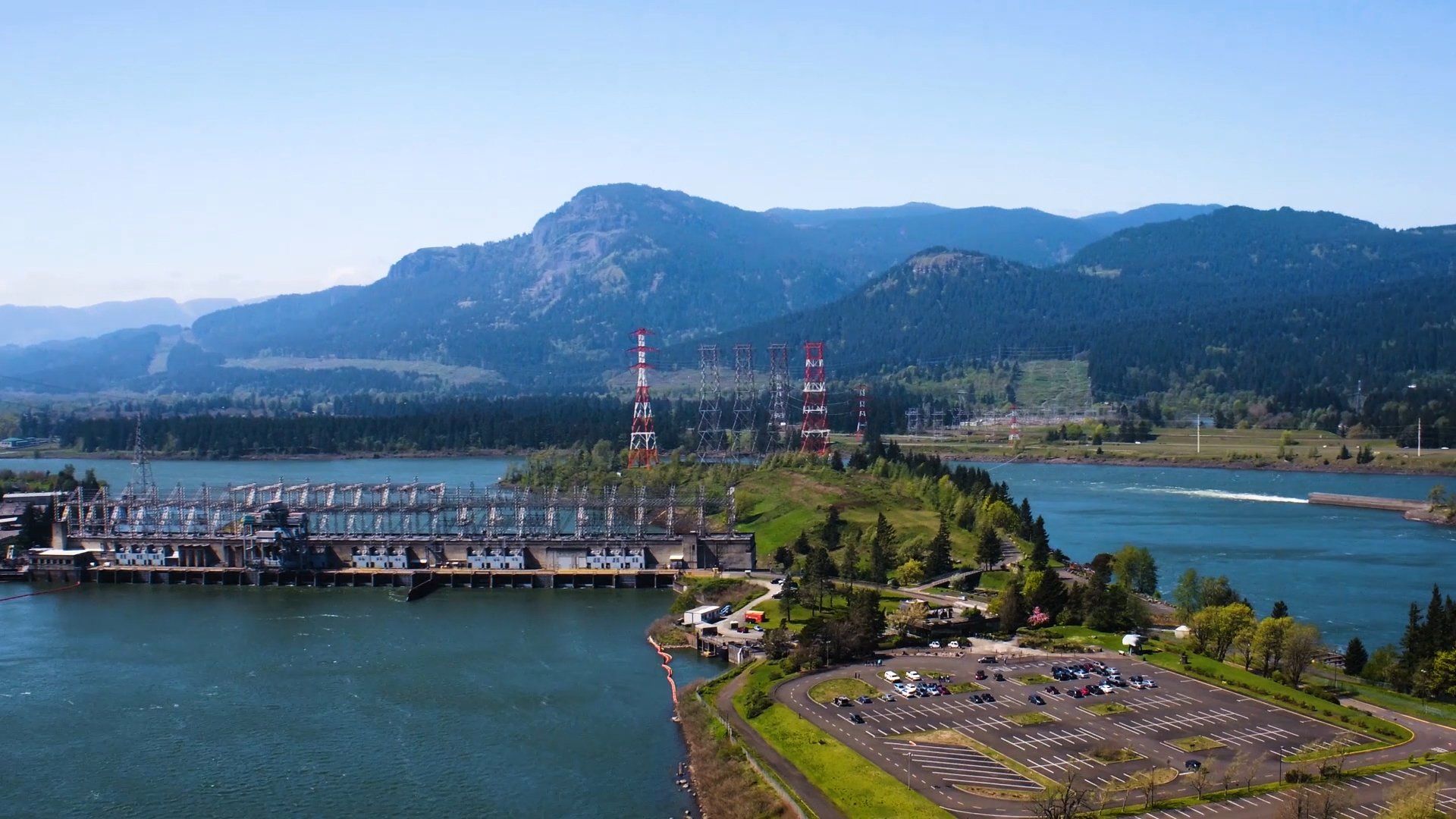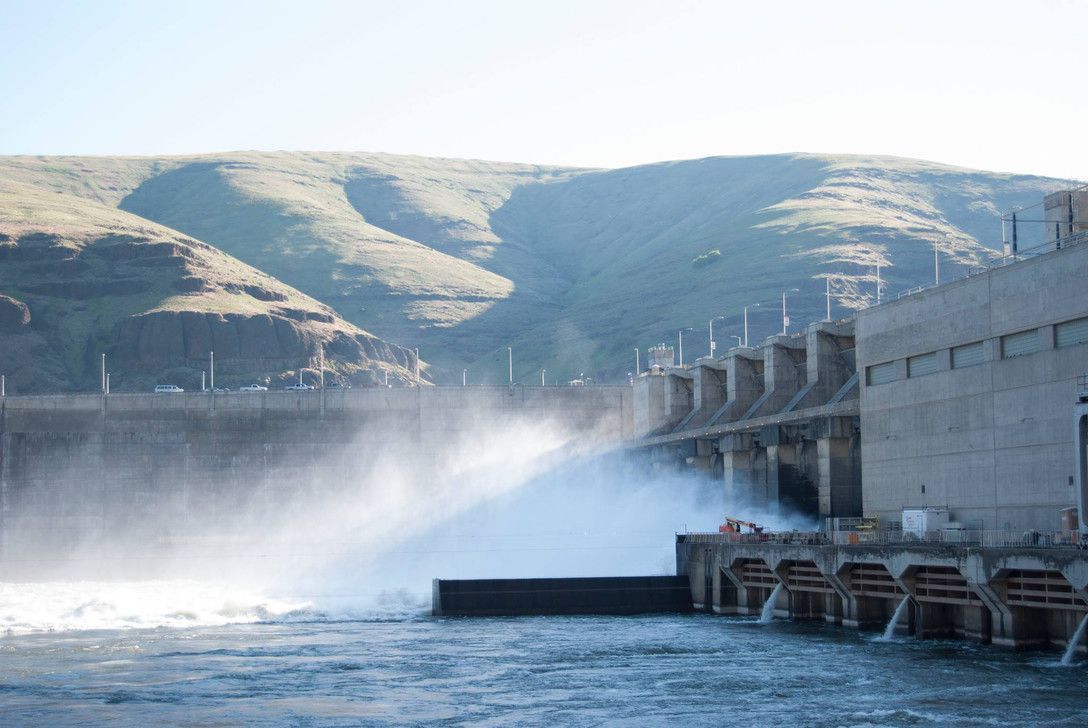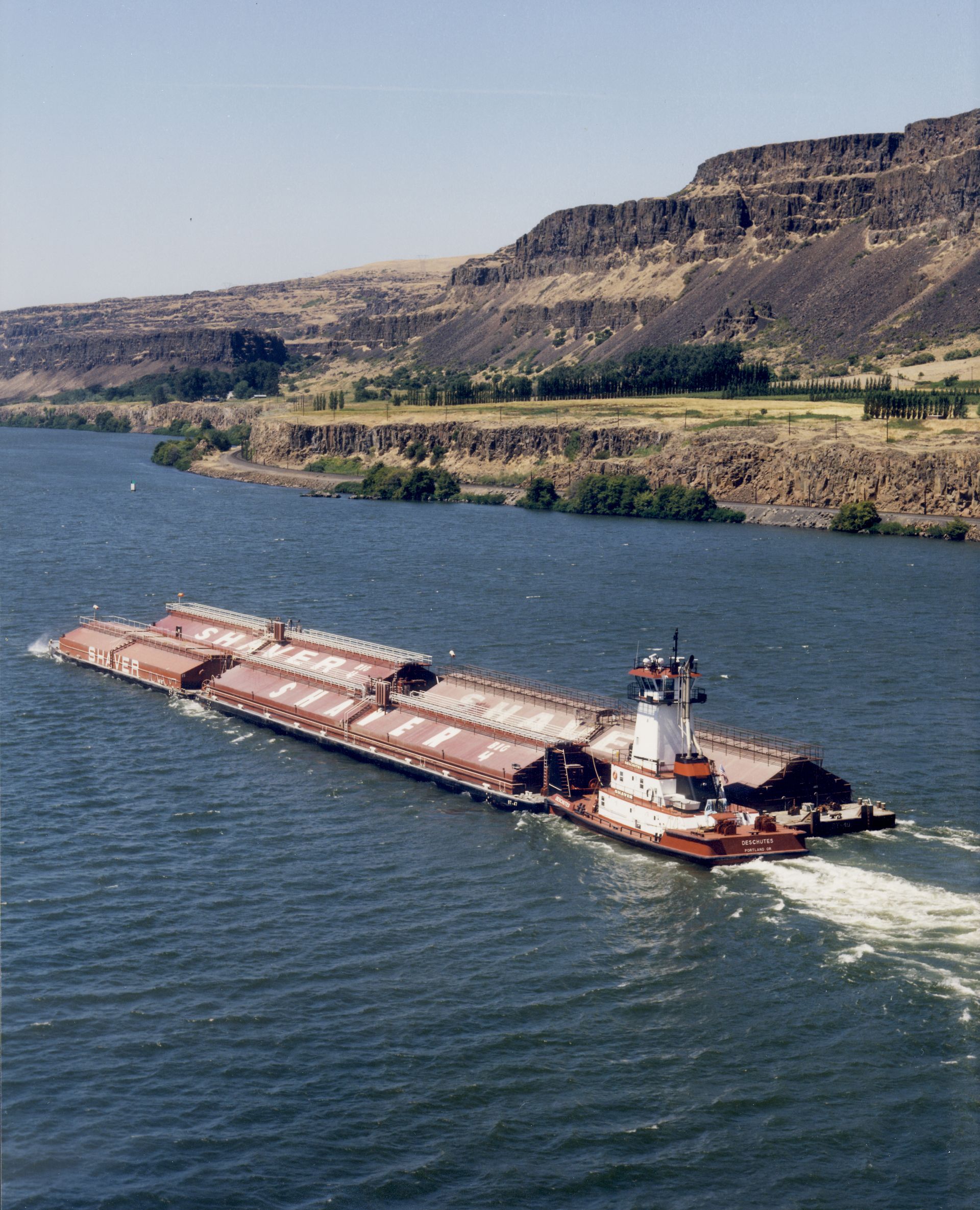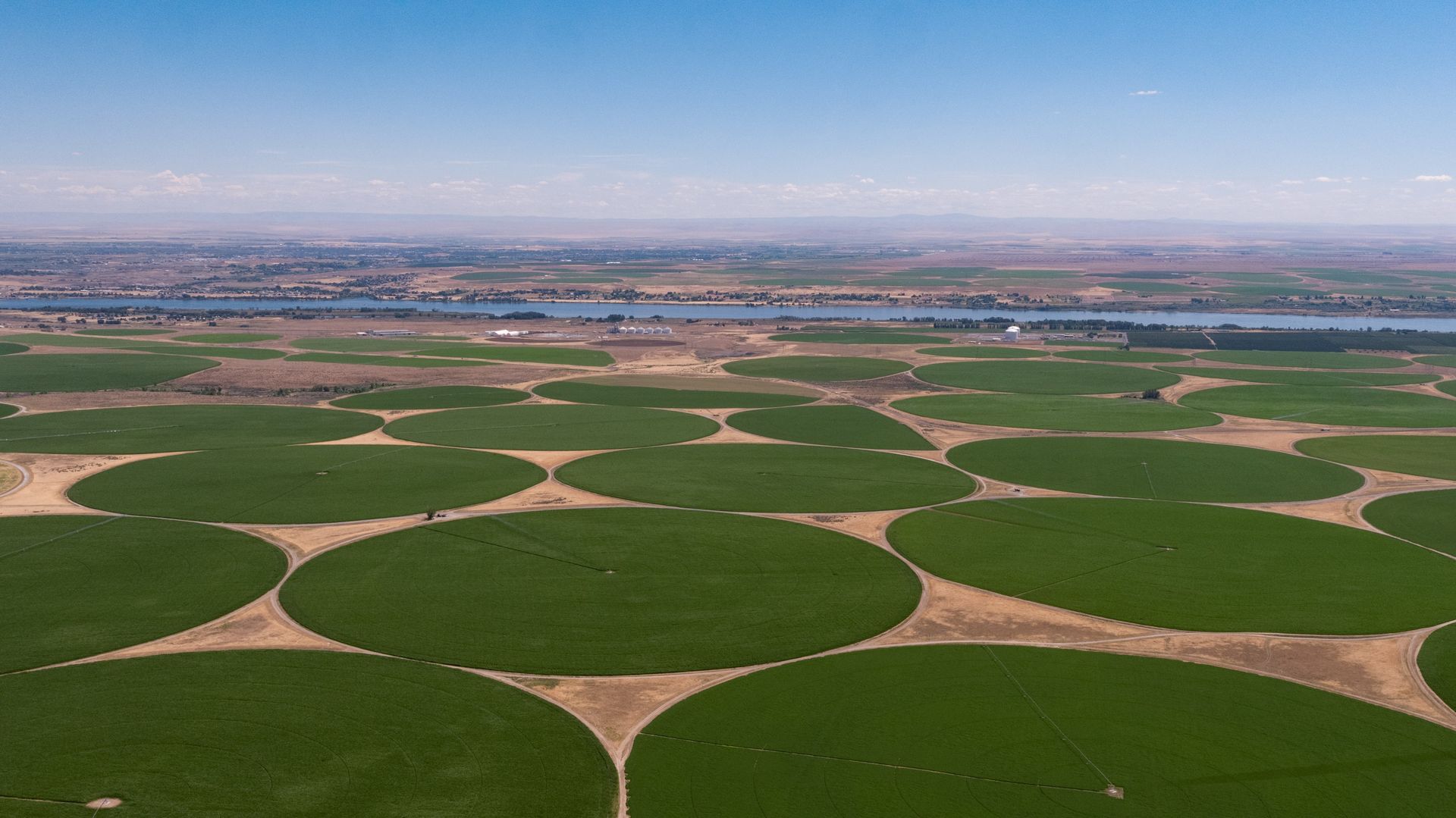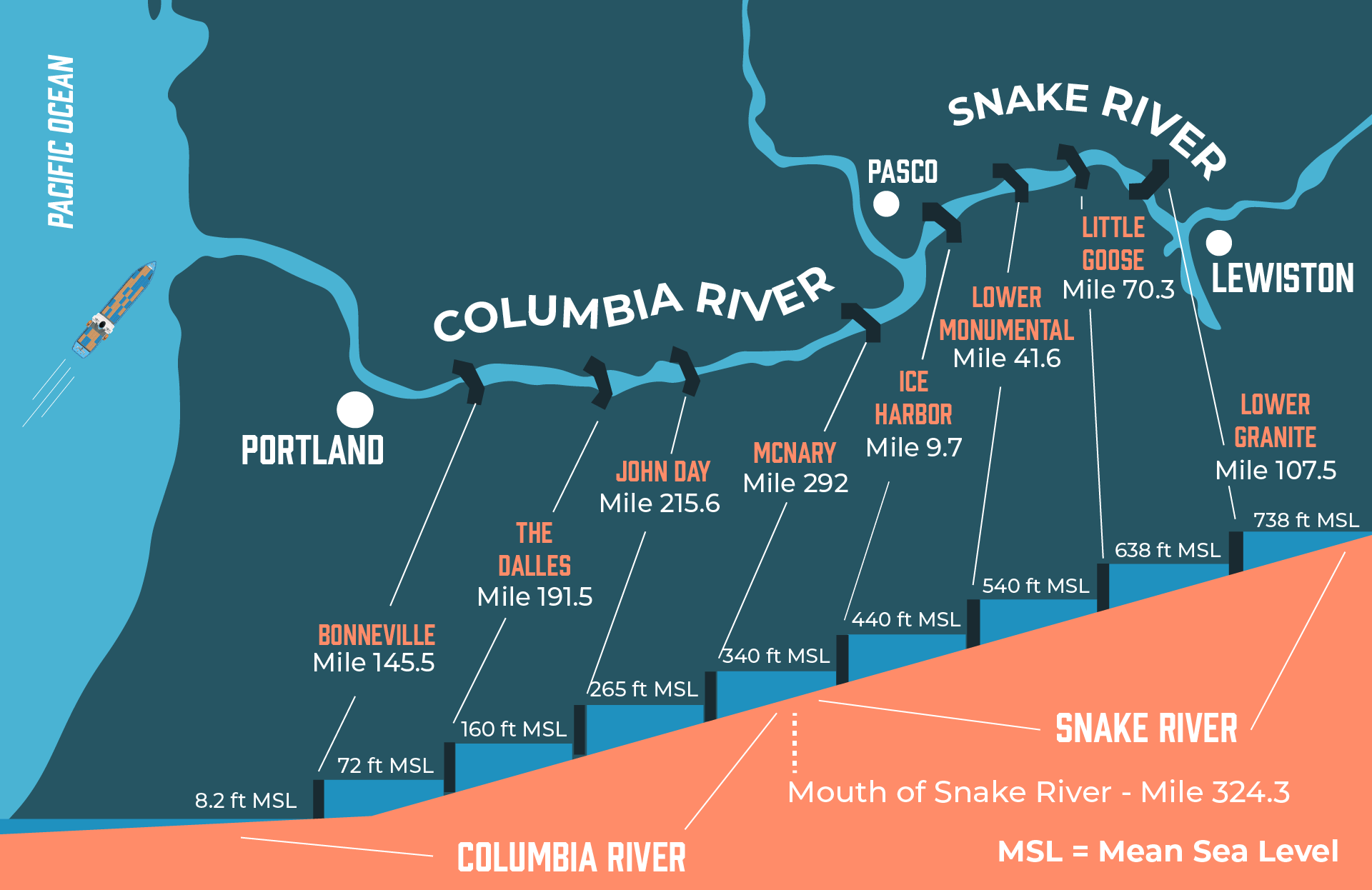American Cruise Lines supports tourism, economic vitality along the Columbia Snake River System
Operating a small fleet of ships along the Columbia and Snake rivers, American Cruise Lines (American) offers a unique experience for passengers—combining the beauty of the Northwest, visiting small port towns in Washington and Oregon, and showcasing the vital system of locks and dams along these federal waterways.
American Cruise Lines operates a total of 17 cruise ships in 35 states across the U.S. Originally starting out on the East Coast, they expanded their operations to the Pacific Northwest in 2010, and the Columbia and Snake River System has been pivotal to this growth. Today, American operates five ships on the river system, each accommodating between 100 to 180 guests.
Kristin Meira, American’s Director of Government Affairs, emphasizes just how important the Columbia Snake River System is in the success of this family-owned business.
"Our country’s network of federal waterways is a key part of our operations," Meira explains. "When it comes to our cruises on the Columbia Snake River System, everything is made possible by the system of locks and dams, from Bonneville to Lower Granite."
“When it comes to our cruises on the Columbia Snake River System, everything is made possible by the system of locks and dams, from Bonneville to Lower Granite.”
The company’s successful operating history on the Columbia Snake River System also relies on close partnerships with the communities they visit. The typical eight-day cruise itinerary includes visiting a new port city each day. These visits have significant economic impacts through guests’ participation in various tour options, shopping, and meals ashore.
"We work closely with shore excursion providers, hotels, tourism bureaus, food and alcohol vendors, fuel companies, airports, and many more local businesses," Meira notes. American’s well-planned itineraries and coordination with port towns ensures a steady flow of tourists each day without overwhelming the local communities.
While guests are contributing to the economies in the communities they visit, they also gain a deeper appreciation for the importance of the Columbia Snake River System to the Northwest and the nation.
“We are proud to operate on this river system, and we strongly support the lock and dam system that makes navigation possible from Lewiston to Astoria.”
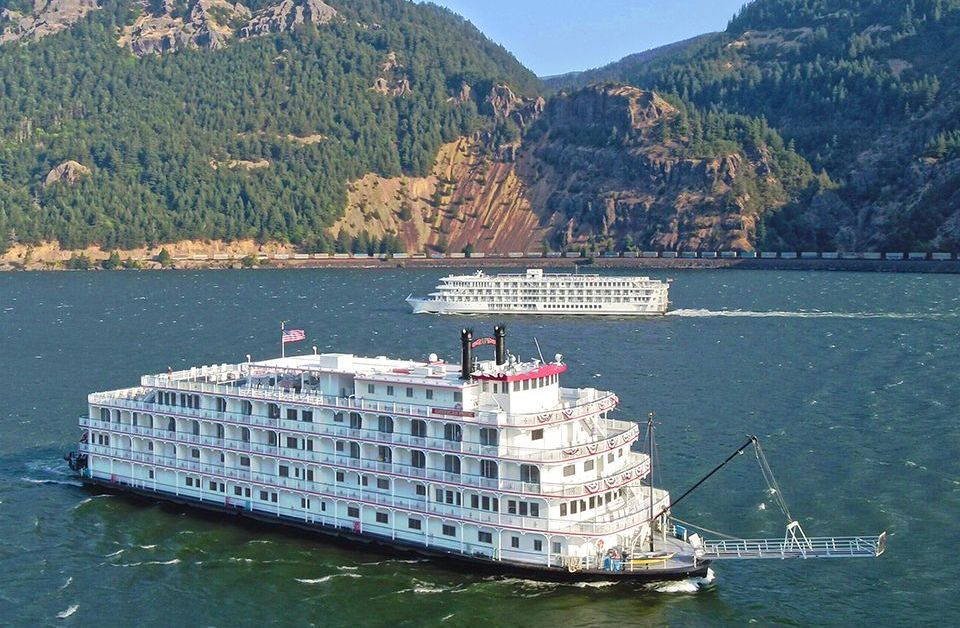
"Most of our Columbia/Snake cruise guests have joined us from other parts of the United States, and we know they go home with a new appreciation for the work of the U.S. Army Corps of Engineers and the dams and locks that provide safe, reliable navigation and multiple other benefits for our country,” said Meira.
As American Cruise Lines looks to introduce new riverboats and exciting itineraries to their fleet, this positive economic benefit is only projected to increase—and it’s all made possible thanks to our Columbia Snake River System.

Share your river value
We all benefit from the federal system of dams and locks on the Columbia Snake River System. Whether you appreciate clean and reliable electricity, irrigation for farms, or affordable and fuel-efficient shipping, the Columbia Snake River System connects the Pacific Northwest to the world and keeps our region strong and balanced.
We’re looking for personal stories to share from our community about how the River System supports your life. If you’re a resident, worker or business owner who appreciates the public goods created and supported by the Columbia Snake River system, we want to share your story!
